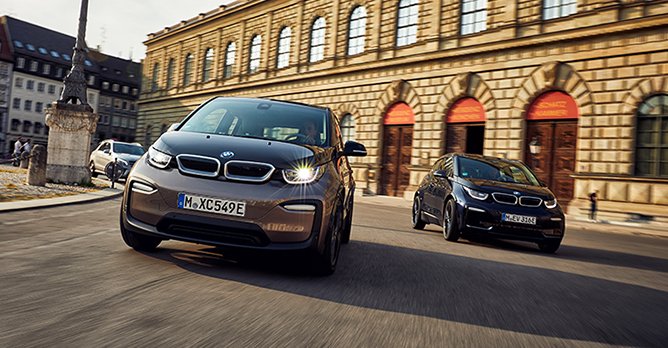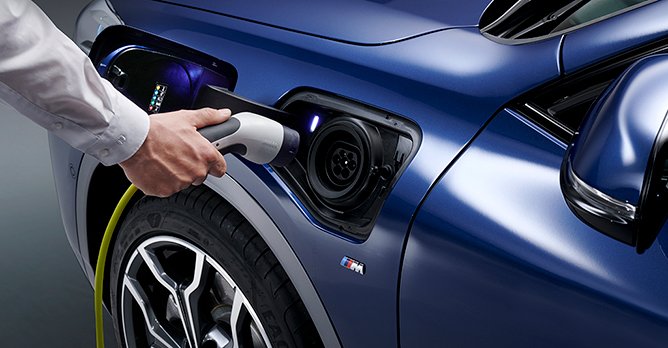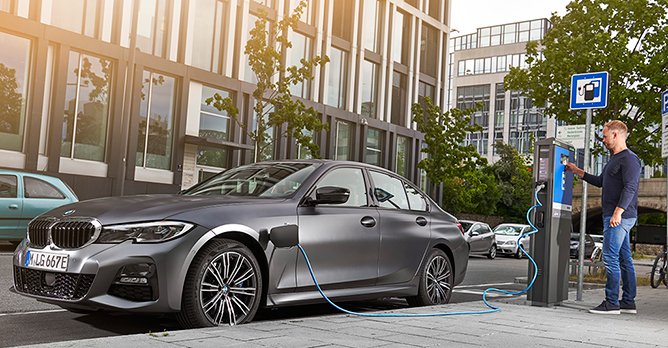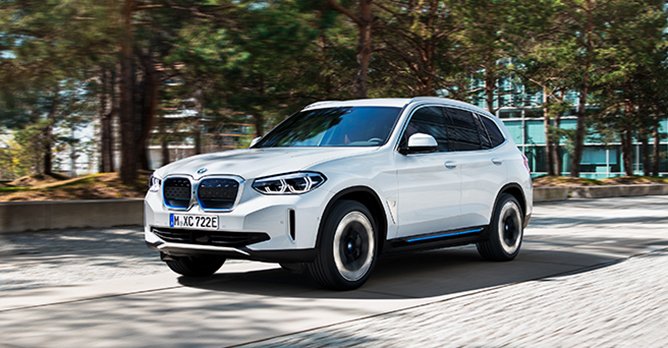BMW pushes ahead with electrification strategy
14 Aug 2020|1,279 views
Owing to the ongoing COVID-19 pandemic, this year's BMW Group Electric Days was held as a digital event during, which the brand outlined some of the key pillars in its electromobility strategy.
Helmed by Wieland Bruch, Spokesperson and Expert for Electro-mobility BMW Group, the digital event was an opportunity to glean insights into BMW's electromobility plans, and its continued push for Plug-in Hybrid Electric Vehicles (PHEV) being an important part of its sustainability objectives.
Electric choice

The key to this strategy is to give consumers the power of choice. While BEVs certainly deliver zero-emissions driving in a way that PHEVs cannot, not every consumer can (or wants) to make the switch now. This could be due to limitations on charging access, concerns about the vehicle's range, or simply just a hesitation to transition to something distinctly new. And, different markets also have different legal requirements when it comes to BEVs, thus it may not be the best choice for every customer, highlights Mr. Bruch.
For BMW, PHEVs offer the best of both worlds, facilitating all-electric driving in urban traffic and on short commutes between work and home, while still having long overall range for longer drives.
New intelligent energy management also allows the vehicle to save capacity in the battery specifically for all-electric driving in specific zones that demand emissions-free driving. Such cars are also future proof - in many cities, PHEV enjoys the same access rights to low-emission zones, as fully-electric cars do, on top of parking privileges and toll savings.
And, customers also have a more seamless transition into the world of electrification. While a PHEV's capability is best maximised with regular charging, the customer isn't beholden to a charging station. He can still refuel at a petrol station just like with any other car, and also selectively charging the vehicle when such a facility is available.
What level of electric?
Thus, BMW is also developing flexible vehicle infrastructures that can accommodate this range of choices. For example, the X3 is now available with a gasoline, diesel, plug-in hybrid and full-electric drivetrain.
As to where PHEV technology is headed, Michael Obermeie, Project Manager BMW PHEV Powertrains, tells us that we can expect future BMW PHEV models to have up to 100km of all-electric range, up from roughly 50km on current models. This will be sufficient for a couple of days of all-electric urban driving, with the petrol tank primarily used for longer distance driving, such as from city to city.

BMW Group Electric Days 2020 highlighted an important consideration for BMW - there is no one perfect solution. Thus, by offering a range of choices, each specifically catered to a particular kind of consumer, BMW believes that this is the best strategy to tackle the complex and continuing challenges of building a sustainable automotive future.
Owing to the ongoing COVID-19 pandemic, this year's BMW Group Electric Days was held as a digital event during, which the brand outlined some of the key pillars in its electromobility strategy.
Helmed by Wieland Bruch, Spokesperson and Expert for Electro-mobility BMW Group, the digital event was an opportunity to glean insights into BMW's electromobility plans, and its continued push for Plug-in Hybrid Electric Vehicles (PHEV) being an important part of its sustainability objectives.
Electric choice

The key to this strategy is to give consumers the power of choice. While BEVs certainly deliver zero-emissions driving in a way that PHEVs cannot, not every consumer can (or wants) to make the switch now. This could be due to limitations on charging access, concerns about the vehicle's range, or simply just a hesitation to transition to something distinctly new. And, different markets also have different legal requirements when it comes to BEVs, thus it may not be the best choice for every customer, highlights Mr. Bruch.
For BMW, PHEVs offer the best of both worlds, facilitating all-electric driving in urban traffic and on short commutes between work and home, while still having long overall range for longer drives.
New intelligent energy management also allows the vehicle to save capacity in the battery specifically for all-electric driving in specific zones that demand emissions-free driving. Such cars are also future proof - in many cities, PHEV enjoys the same access rights to low-emission zones, as fully-electric cars do, on top of parking privileges and toll savings.
And, customers also have a more seamless transition into the world of electrification. While a PHEV's capability is best maximised with regular charging, the customer isn't beholden to a charging station. He can still refuel at a petrol station just like with any other car, and also selectively charging the vehicle when such a facility is available.
What level of electric?
Thus, BMW is also developing flexible vehicle infrastructures that can accommodate this range of choices. For example, the X3 is now available with a gasoline, diesel, plug-in hybrid and full-electric drivetrain.
As to where PHEV technology is headed, Michael Obermeie, Project Manager BMW PHEV Powertrains, tells us that we can expect future BMW PHEV models to have up to 100km of all-electric range, up from roughly 50km on current models. This will be sufficient for a couple of days of all-electric urban driving, with the petrol tank primarily used for longer distance driving, such as from city to city.

BMW Group Electric Days 2020 highlighted an important consideration for BMW - there is no one perfect solution. Thus, by offering a range of choices, each specifically catered to a particular kind of consumer, BMW believes that this is the best strategy to tackle the complex and continuing challenges of building a sustainable automotive future.
Thank You For Your Subscription.





























